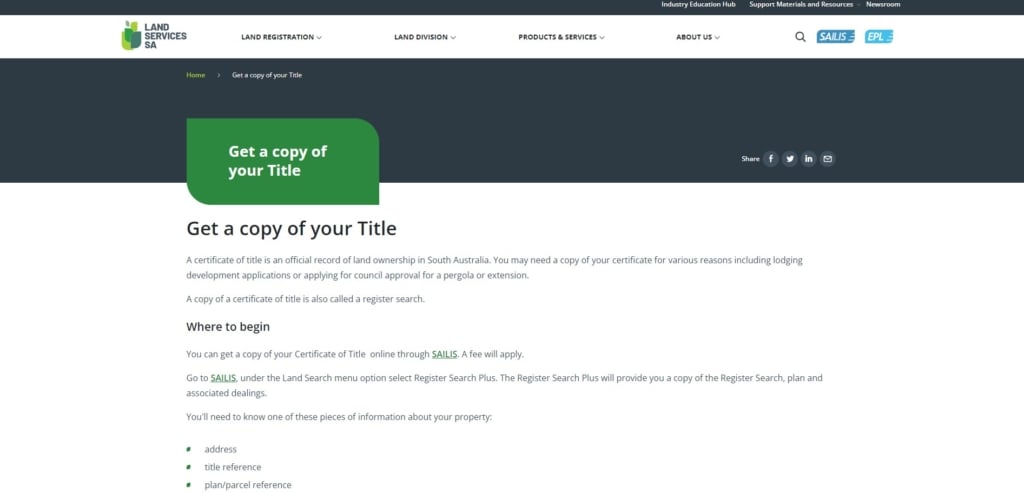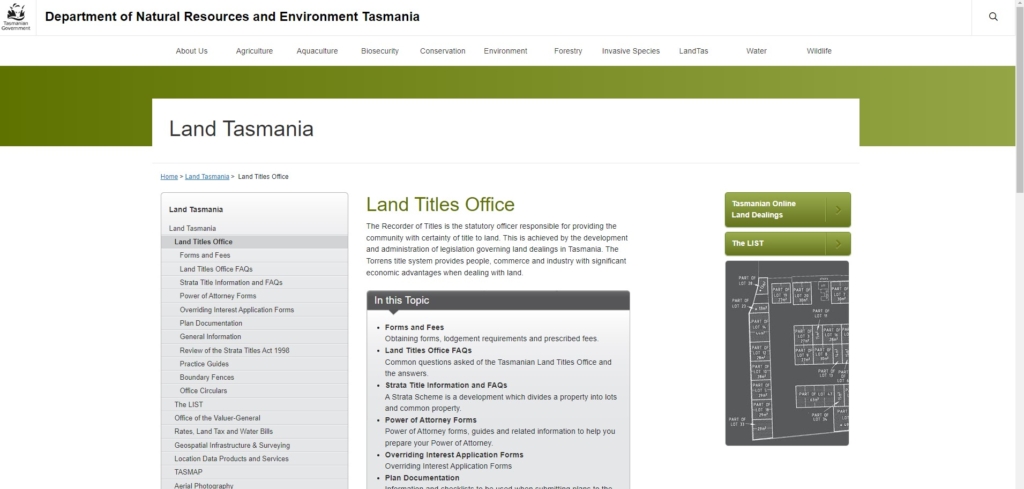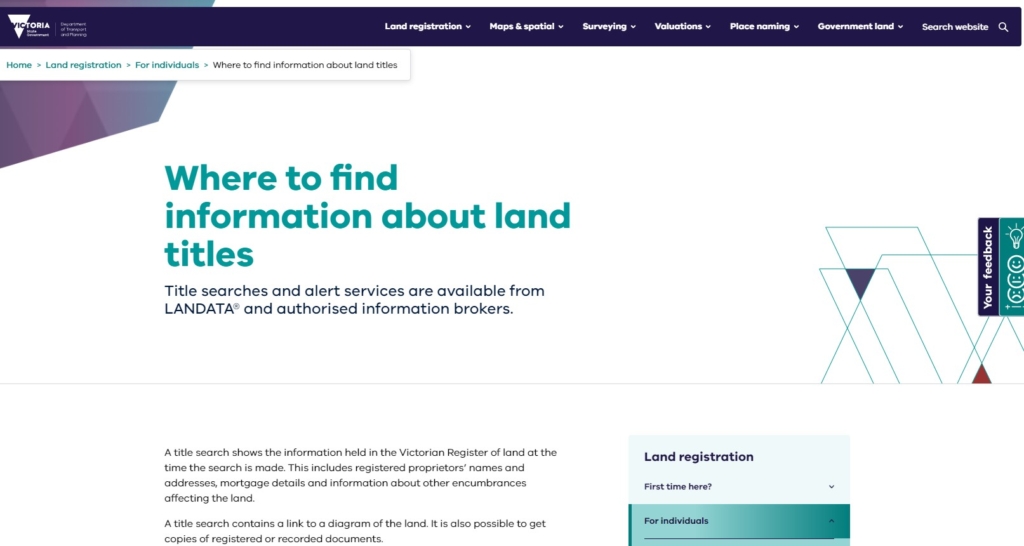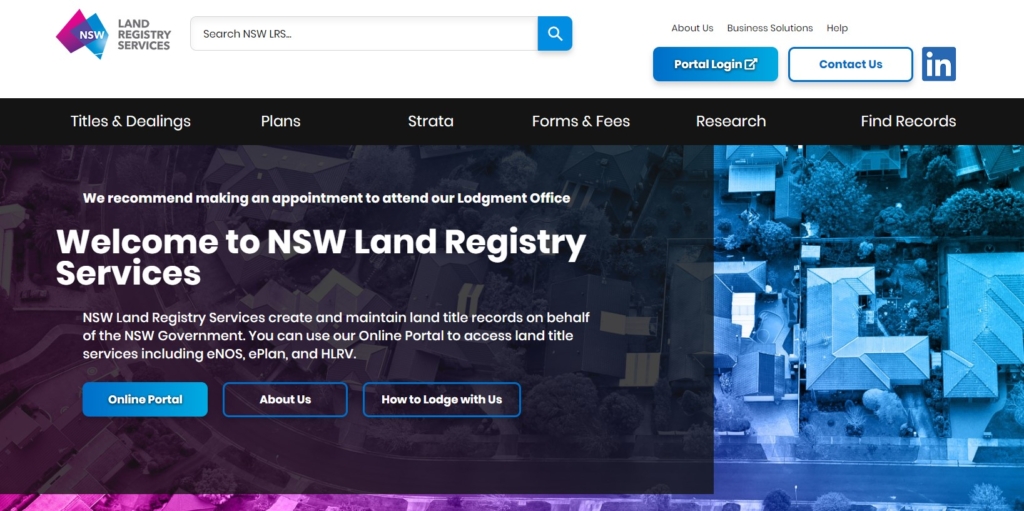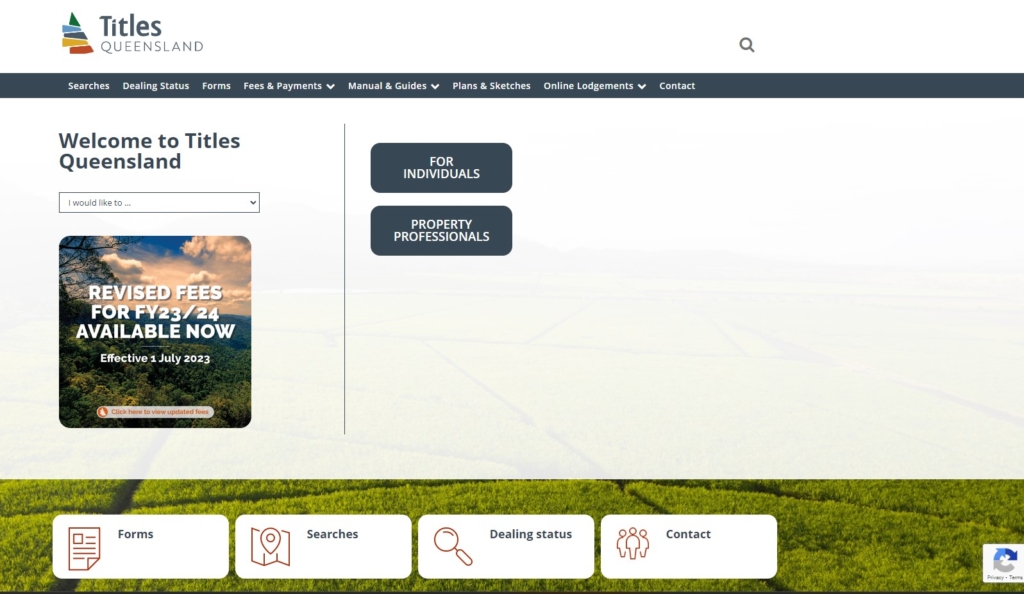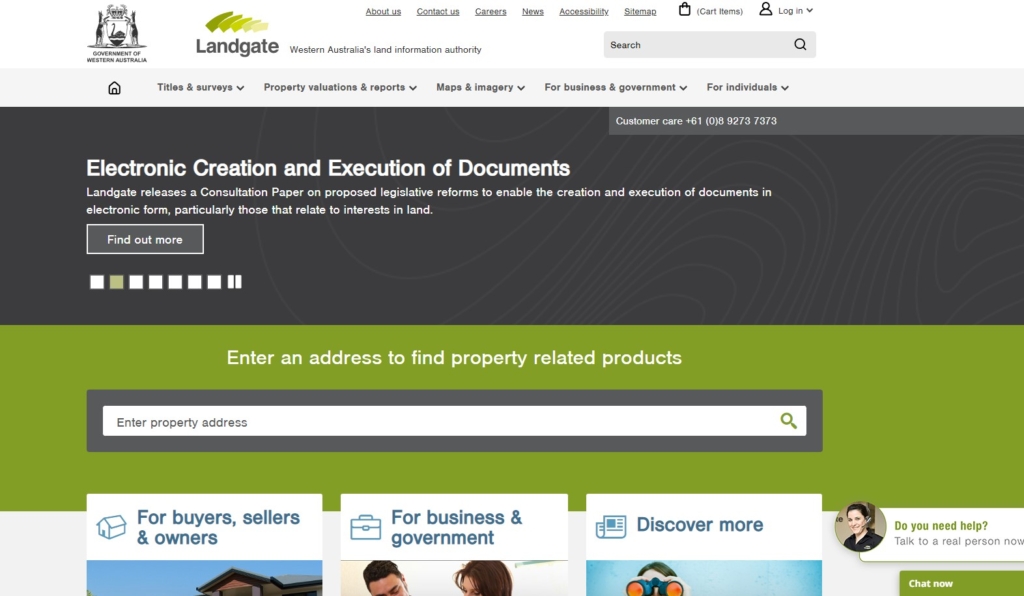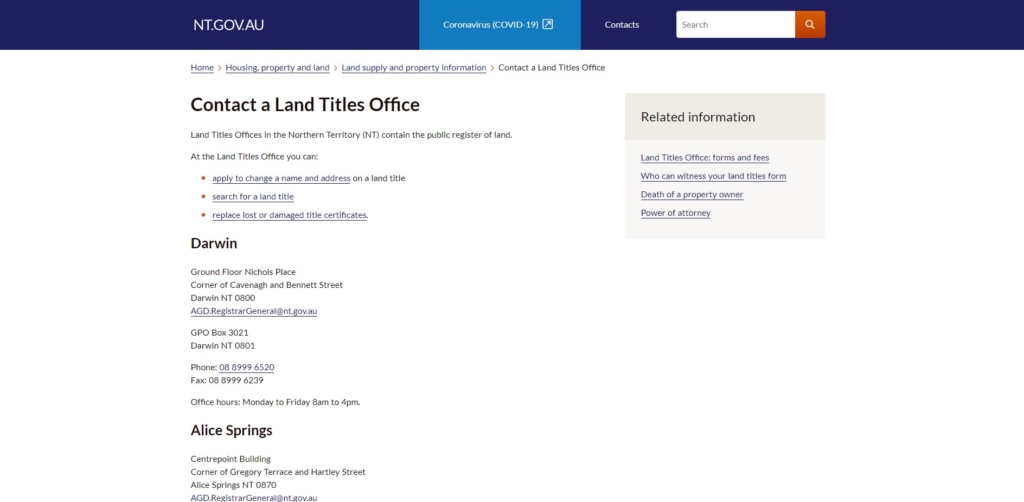In Australia, a land title refers to a legal document that serves as evidence of ownership or an interest in a particular parcel of land. It establishes the rights and obligations of the landowner and outlines the boundaries and any encumbrances associated with the property. Land titles are an essential part of the land registration system in Australia, which aims to provide security and clarity regarding land ownership.
The land title is typically issued and maintained by the state or territory government authority responsible for land administration. In most states, this authority is known as the Land Titles Office or Land Registry. Each parcel of land is assigned a unique identifying number or reference, often called a title reference or lot number, which is used to distinguish it from other properties.
The land title document contains important information, including:
1. Property Details
This includes the lot number, plan number, and address of the land, as well as the size and dimensions of the property.
2. Ownership Information
The names of the registered owners or the entity that holds the legal interest in the land are listed on the title. It may also indicate the type of ownership, such as sole ownership, joint tenancy, or tenancy in common.
3.Encumbrances and Interests
The title may include details of any encumbrances or interests that affect the property, such as mortgages, easements, covenants, or leases. These encumbrances can restrict the use or transfer of the land.
4.Restrictions and Caveats
The title may contain specific restrictions or caveats imposed by the owner or other parties, such as limitations on development, building requirements, or heritage considerations.
5.Title History
Title History: The land title document often provides a historical record of ownership transfers, including previous owners and relevant dates. This history helps establish a chain of title and ensures the continuity of ownership.
It is important to note that the land title is not the same as a property deed, as the land title in Australia is maintained electronically in most jurisdictions. However, the land title document acts as proof of ownership, and it is usually required during property transactions, such as buying or selling land, applying for a mortgage, or conducting property searches.
Click The Image Below To Get In Touch With SA's Land Registry
Click The Image Below To Get In Touch With Tasmania's Land Registry
Click The Image Below To Get In Touch With Victoria's Land Registry
Click The Image Below To Get In Touch With NSW Land Registry
Click The Image Below To Get In Touch With Queensland's Land Registry
Click The Image Below To Get In Touch With WA's Land Registry
Click The Image Below To Get In Touch With NT's Land Registry
You May Also Be Interested In
*The information provided on this webpage is for general information purposes only and should not be considered as professional advice.

